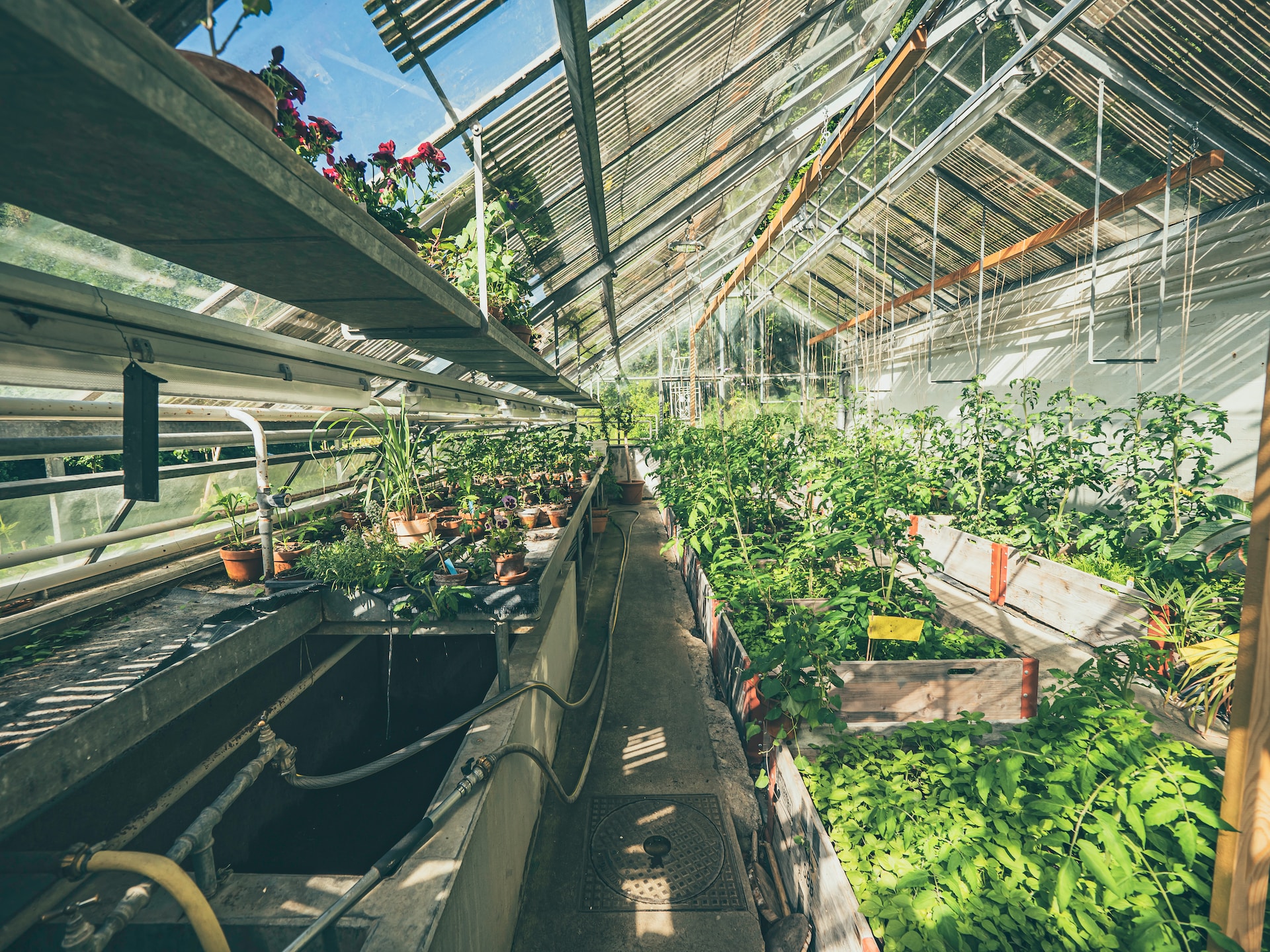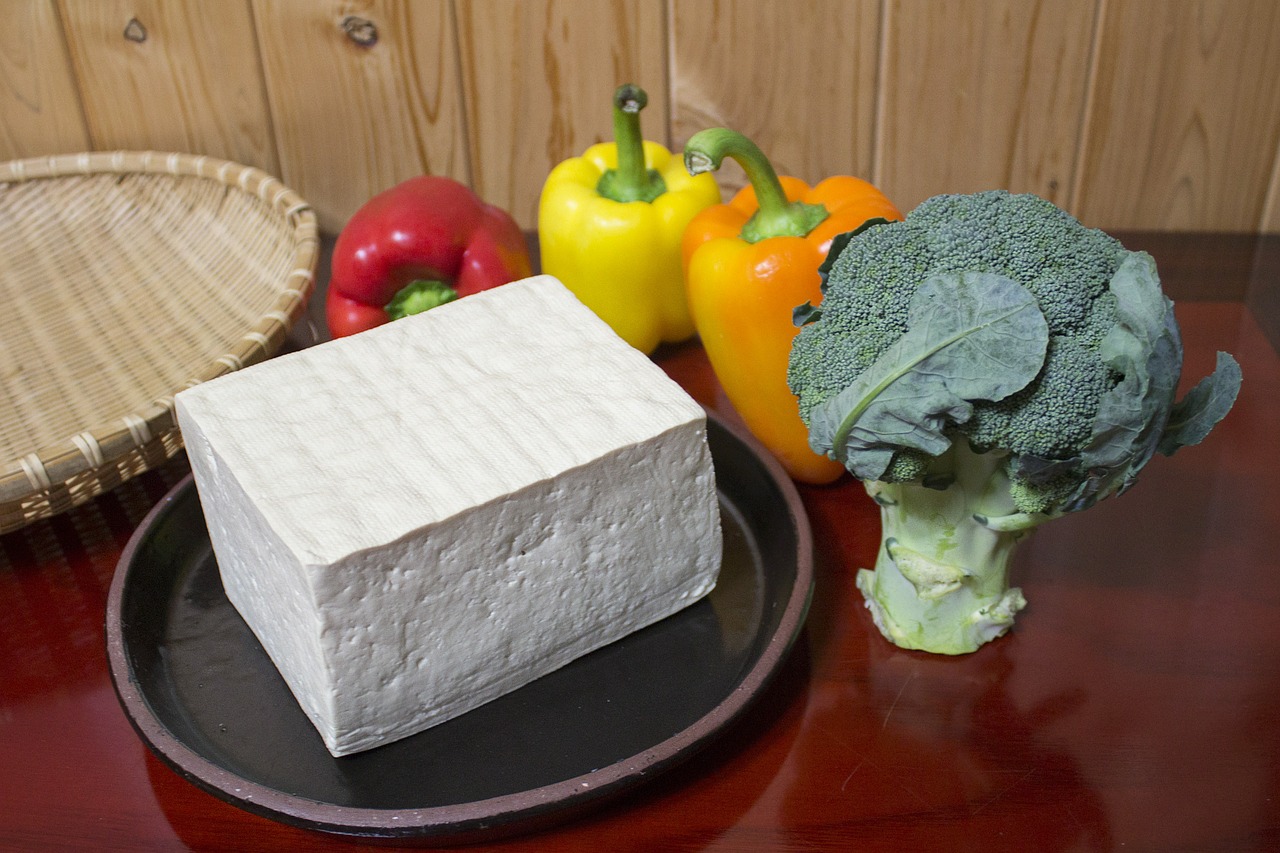Last Updated on: 22nd November 2023, 09:47 am
Sustainability has become increasingly crucial for the general public over the past few years, owing to the looming threat of climate change and the possibility of irreversible damage done to the planet. The increased rate of natural disasters such as wildfires and floods, which have devastating effects on communities and contribute to poverty, food insecurity and dangerous conditions for human health, as well as the destruction of the natural world and the disappearance or endangerment of numerous wildlife species, has convinced many that group effort is necessary to save the planet.
Therefore, people have begun switching from the usual products they purchase to the more sustainable alternative. The essentials that you need on a daily basis are particularly noteworthy for this category. And there’s perhaps nothing more fundamental and vital than food. So, what is sustainable food, and can your meal plans truly help the planet in any way?
The basics
A sustainable food system provides healthy nutrition while also focusing on the creation of more ethical practices in the areas dealing with food production and distribution. It includes many different factors and procedures, including sustainable agriculture, the reduction or even elimination of all food waste, the development of more efficient distribution systems and the creation of diets that are more environmentally friendly. In a sustainable approach, everyone benefits equally, meaning that the issues regarding food insecurity and hunger are systematically addressed.
So far, the system has been up against significant, often interconnected challenges, such as malnutrition, the effects of biodiversity loss, soil degradation and retrogression, resource scarcity, including for fundamental things such as energy and clean water, political crises and inequity and, of course, the effects of climate change.
Sustainable foods
But are there some foods that are more sustainable than others by default? The most straightforward answer is yes. Generally, factors such as retail, packaging or transport distance are small compared to the importance of the food type. Research shows that meat has the highest carbon footprint of all foods, owing to the methane production from cows, as well as the conversion of land for animal feed.
At the opposite end of the spectrum are nuts, which have one of the lowest carbon footprints. If you’re a customer looking to work with a nuts supplier, you should make sure you choose someone dedicated to reducing their environmental impact. Nuts have considerably lower environmental impact in terms of land use. In fact, some can even have negative usage levels, if the trees are replacing croplands and, therefore, storing carbon.
Some of the other foods eco-conscious buyers can rely on are:
- Mushrooms: Compared to other foods, they don’t require considerable resources to grow and have a low energy footprint. A pound of mushrooms needs less than two gallons of water to grow.
- Legumes: Pulses such as beans, lentils or peas lend themselves well to sustainable agriculture systems and can be used as crop residue as well. Since they’re nitrogen fixers, the plants release this chemical into the soil so that other plants can later use it as well.
- Mussels: Shellfish aquaculture is generally regarded as highly sustainable. Compared to traditional farming, there’s no need for land or special feed. The mussels also work to remove carbon dioxide from the ocean in order to grow their shells.
- Seaweed: Much like other seafood, seaweed ocean farms don’t take up the use of any land and don’t consume freshwater or potentially harmful fertilizers, making them the most sustainable forms of agriculture on Earth.
The options
Brands such as Ofi have started working closely with customers to inspire the creation of new concepts and increase sustainable product development. There’s a growing demand for plant-based food options, including plant-based meat. The sector has remained ingenious despite the crisis associated with the continuous elevation of the cost of living has driven consumers to move towards cheaper meat cuts.
One of the latest examples is the creation of plant-based pork ribs that also come with vegan bones that are entirely edible. This does not only help reduce the emissions associated with animal agriculture but also reduces the burden of food waste by creating food that is fully edible. Farmers in the UK have said that meat agriculture can also become climate-neutral by 2040. The National Farmers Union believes that up to three-quarters of the UK’s agricultural emissions can be counteracted by assembling fuel for power stations and later capturing and injecting carbon into the Earth’s crust directly in the subsurface under the form of insoluble carbonate salts.
Technological developments that can reduce the emissions produced by cattle are also an essential part of the equation. Many farmers also choose to join the growing global movement that practices regenerative agriculture. This approach is based on rehabilitation and conservation, seeking to support biosequestration, allow topsoil regeneration, support the development of biodiversity and create resilience in the face of climate change. The nature-friendly method acknowledges the connection between the health of the environment and that of the animals, produce and people.
The choices
When it comes to sustainable eating, all people can choose what they want to buy and which businesses they support. Many people are unlikely to feel comfortable giving up animal products altogether, but even reducing the amount can do wonders. Buying locally sourced foods is essential as well. While the fact that the carbon footprint is undeniably smaller, since the food doesn’t need to be transported over large distances, resulting in a lower carbon footprint, there’s also the added bonus of transparency.
Since local food is more likely to be seasonal, you know that the fruits and vegetables on your plate don’t have a lot of added pesticides and chemicals. If you want to be extra careful, you can talk to the producers themselves or look for small, organic farms where you can buy sustainably-grown food.
As temperatures continue to become more elevated each year, threatening food production and causing skyrocketing prices, more and more people are starting to rethink the importance of sustainability in the food sector.






